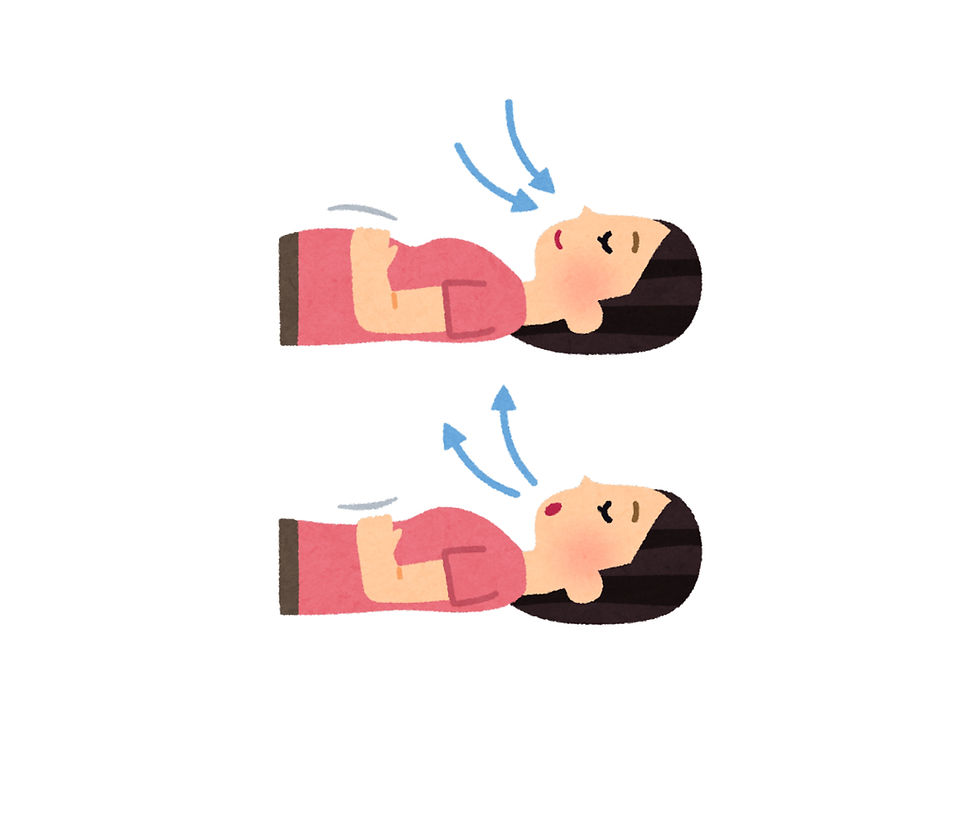The benefits of CBT - Especially When Going Through the Menopause.
- Dec 18, 2023
- 4 min read
Updated: Jul 16, 2025
A great insight into Cognitive Behaviour Therapy (CBT) from the fabulous Dr Becky McCormack…

Firstly, introductions. I’m Dr Becky McCormack, and it’s been my privilege to work with Ruth, helping to deliver some of her educational sessions over the past year. Anyone who has been to one of Ruth’s talks will understand when I say it’s been enormous fun to work with her.
Working for Let’s Talk Menopause has also been extremely rewarding. During our talks we have been able to provide education and support to so many people. We are both passionate about helping people feel properly informed about their health during the menopause, as well as more recently branching out into other areas including sleep, stress and more general women’s and men’s health. We believe that evidence based, balanced information empowers people to make informed choices about their health.
Which is why the last 24 hours has been so interesting.
Yesterday morning the new draft NICE guidelines for the diagnosis and management of the menopause were published, to much media fanfare, about the recommendation for use of cognitive behaviour therapy (CBT) in the menopause. But some media outlets seized on this as a suggestion that we have been recommended to use CBT instead of HRT, both to help cope with the recent HRT shortages, but also to reduce demand on the NHS (fewer people on HRT means fewer follow up consultations). I could spend a long time talking about how the media represents the menopause and HRT, but perhaps that’s another blog! For now, I just want to talk about CBT, what it is and how it can help.
What is CBT?
CBT is a talking therapy which can be helpful for some of the symptoms of the menopause, including low mood and anxiety, hot flushes and night sweats, and insomnia. It involves looking at how our thoughts, feelings and behaviours affect how we cope with day to day life. Sometimes we can have patterns of thoughts and behaviours which are not helpful, and which can make how we feel worse. By changing these patterns of thinking and behaving, and by developing new strategies to manage symptoms, CBT can be an effective way to improve mental health and reduce the impact of some physical symptoms.
Who might benefit from it?
CBT can be done individually or in groups, face to face or virtually. Self-help guides are available. But anyone can benefit from CBT, and it is so important to know that it can be used whether or not someone is on HRT or any other treatment for the menopause. It is not a case of either/or HRT or CBT.
Where can you find it now?
CBT is available from the NHS, though in some places there can be a waiting list. See the NHS website (www.nhs.uk) for details on how to access CBT in your area. There are many private providers, with varying costs per session. There are also self help CBT books, and an excellent resource for CBT in the menopause is Managing Hot Flushes and Night Sweats by Myra Hunter and Melanie Smith https://tinyurl.com/5e75mtd4
What takeaways can experts share for those who can't access/afford it right now?
How we think and behave really impacts how we feel, and the first step in CBT is to become aware of negative patterns of thinking and behaving. Trying to come up with practical coping strategies is helpful. The Women's Health Concern website has an excellent factsheet on CBT in the menopause with practical tips to help you start identifying negative patterns and suggestions for changes which can help https://tinyurl.com/5n6pcnvs .
Breathing exercises can really help when we are feeling overwhelmed and are an excellent starting point.
We hope you feel inspired and motivated to try CBT - it can be a life changer.
On a personal note - to reply to Becky’s kind words - I’d like to take the opportunity to say that likewise, it has been a privilege working with such an extraordinarily talented person. Becky has brought to LTM such a wealth of experience and it has most definitely been enormous fun working together.
As Becky says we would advise anyone to look into the advantages of CBT, not just for menopausal symptoms but to help support with everyday problems & challenging events experienced throughout life. Once tools and strategies are learnt & embedded they can be incredibly useful and supportive.
Several organisations we work with have excellent supportive health & wellbeing programmes in place for their staff and provide access to CBT care which is very encouraging to hear. If you don’t have access to something like this and have found it challenging to gain an appointment through the NHS we would highly recommend looking at the self help guide written by Professor Myra Hunter and Dr Melanie Smith mentioned above https://tinyurl.com/5e75mtd4
____________________________________________________________________
CBT self help guide: https://tinyurl.com/5e75mtd4
Women's Health Concern fact sheet: https://tinyurl.com/5n6pcnvs .
____________________________________________________________________
Any information is as accurate as possible at time of posting and is for information purposes only. The information and support that Let’s Talk Menopause provides is for your own personal use. It is not intended to replace or substitute the judgement of any medical professional you may come in contact with. You should always seek advice from you healthcare professional regarding a medical condition.




Comments